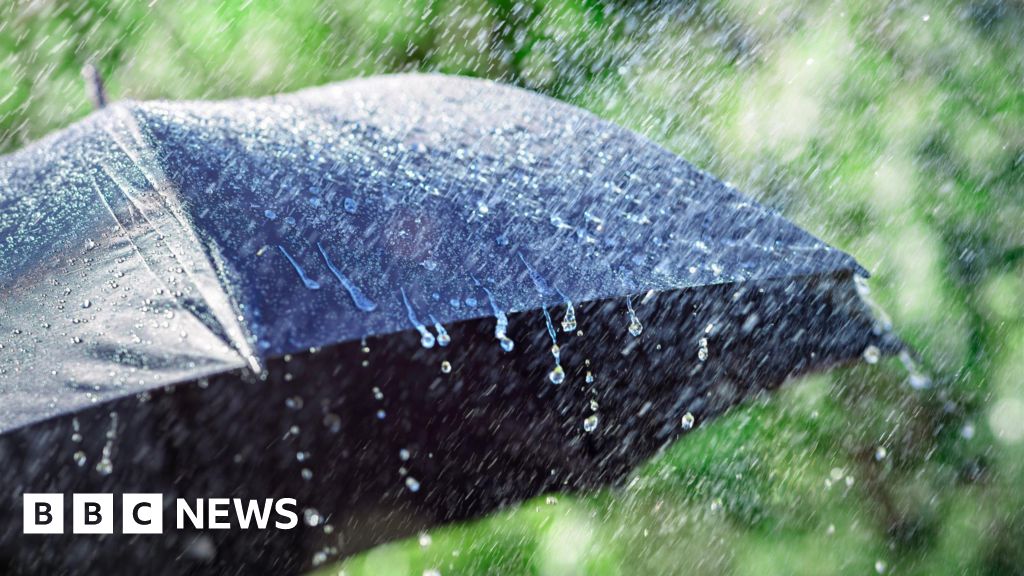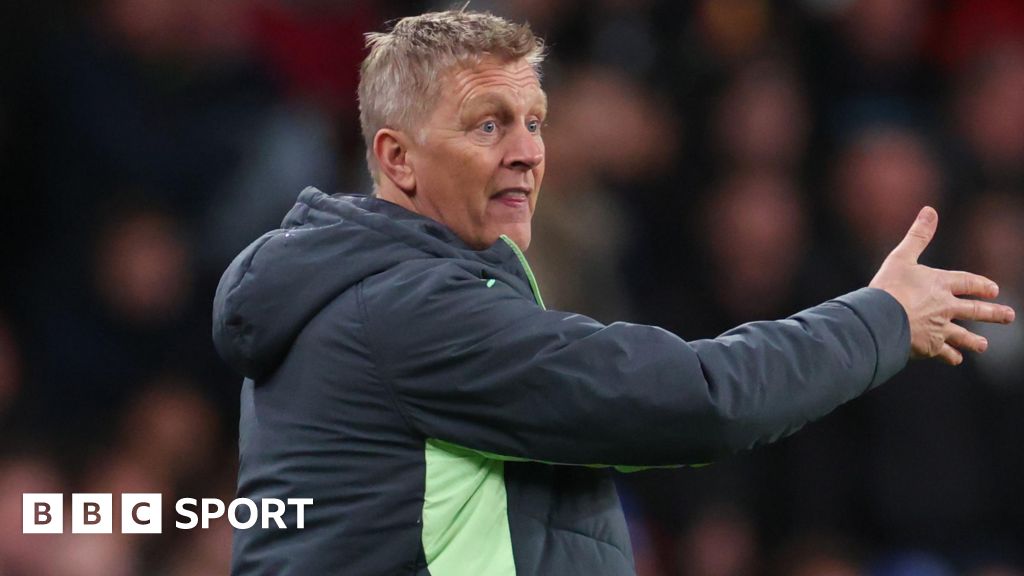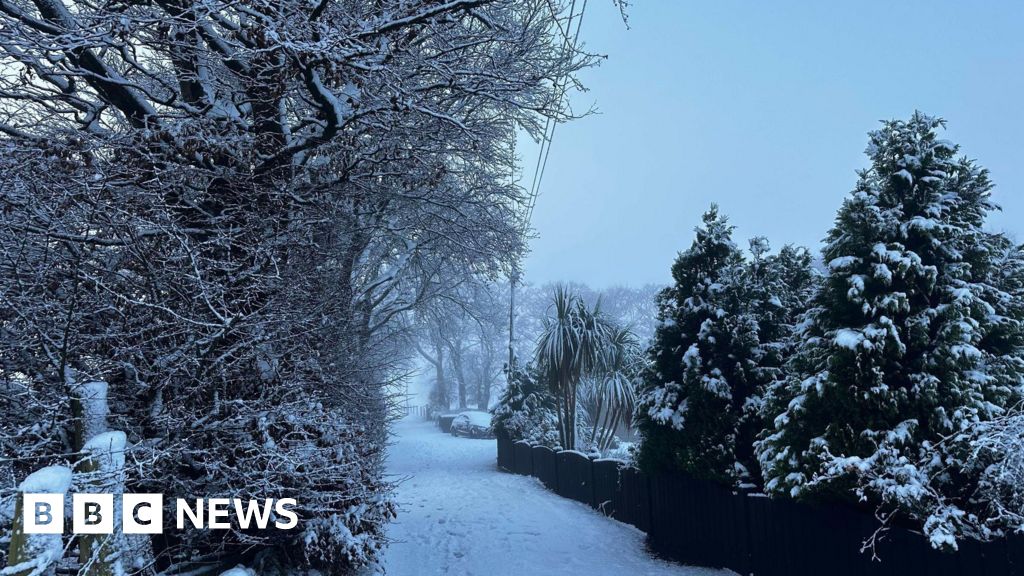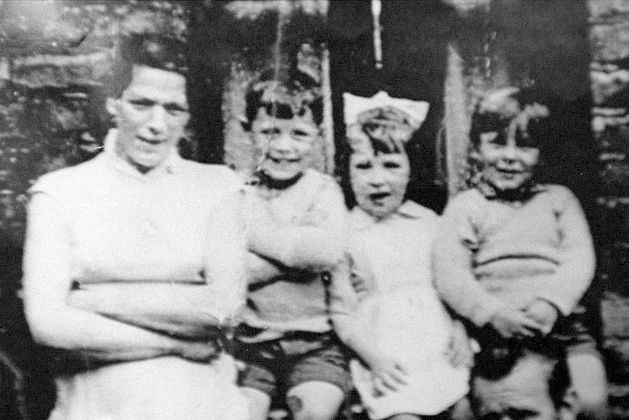Infra
‘My friends fled to Ireland over fears of Rwanda deportation from UK’

An Afghan refugee whose friends fled to Ireland from the UK over the threat of deportation to Rwanda has been told of dozens more migrants who have sought sanctuary across the Irish Sea.
The 20-year-old, nicknamed Taraki, arrived on a small boat and claimed asylum in Britain in 2022 after escaping Afghanistan where the Taliban killed his parents and brother.
But four Afghan friends he was living with travelled from England to Northern Ireland before continuing to the Republic of Ireland, where they claimed asylum, over fears they would be deported under the Government’s Rwanda policy.
None of them had their documents checked as they travelled to the Republic via the north through what is effectively an open border with no immigration checks as agreed under a post-Brexit deal.
A worshipper at his mosque in south London told him he knew 40 to 50 Afghans who have made the same journey from mainland Britain over concerns about being sent to the east African country.
This week, Ireland’s Minister of Justice Helen McEntee estimated more than 80 per cent of people applying for asylum in Ireland are coming from the UK over the border with Northern Ireland.
Micheál Martin, the country’s deputy prime minister, said asylum seekers wanted sanctuary in Ireland and the EU “as opposed to the potential of being deported to Rwanda”.
Taraki told i: “The four people were with me in the hotel. They were scared about Rwanda. I was also worried, but I had no money at that time.
“We crossed around 11 countries without any money but here you need money to buy a bus ticket and then a ferry ticket.
“They told me they took a bus and then went to the ferry. They said there was no control, you just needed to buy a ticket. They went from Northern Ireland and from there to the Republic.
“I spoke to one guy two or three weeks ago. He said, ‘I’m happy. I work here, I have got asylum here’.”
Rishi Sunak’s flagship programme to send asylum seekers to Rwanda as part of a crackdown on the Channel small boats was approved by parliament earlier this week, with the Government wanting the first flights to take off in 10-12 weeks.
But Mr Martin says migrants “fearful” over the policy have already been trying to avoid deportation by coming into the republic from the north.
More than 140,000 immigrants arrived in Ireland in the year up to April 2023, a 16-year high, with tension in the country over immigration level high.
Taraki said of his friends: “They were worried. They said, ‘Ireland is a European country. They don’t deport anyone so that’s why they went’.
“When they arrived in Ireland they called me. They were so happy. They said, ‘If anything happens we won’t be deported to other countries’.”
Others waiting to make the perilous journey from France on small boats across the Channel are also fearful of what awaits them if they make it to England.
“One person called me from Dunkirk last week. He said, ‘how is the situation? We hear about Rwanda’.
“I said, it’s true. He said ‘what should we do?’ He also mentioned the Republic of Ireland’.”
Taraki survived a traumatic two-year journey to reach the UK after escaping Afghanistan aged 16 when his parents and brother were shot dead in a Taliban attack.
He said he saw one friend die in front of him after he was electrocuted while climbing out of a train. Three other friends were among 27 migrants who drowned when their small boat sank in the Channel in November, 2021. They had asked if he wanted to cross with them that night, but he refused.
He was granted asylum last March, but some migrants who have been waiting for their case to be heard have decided to leave for Ireland, he said.
Others have faced hardship after being granted refugee status in the UK and ended up sleeping rough after being evicted from Government-run asylum accommodation.
“I know a lot of people whose asylum is pending for more than a year, nearly two years, so people are worried and they go [to Ireland],” he said.
“One guy, he was from the same district as me, he got his asylum status here and he was homeless for four months after he was kicked out of his hotel.
“When I meet with other people from the Afghan community they say, ‘My cousin came here but he went to Ireland because he is worried about the situation here’.
“A guy in the mosque told me ‘I know around 40 to 50 people that went to Ireland’.”
The Home Office declined to comment. The Republic of Ireland’s Department of Justice were contacted for comment.











